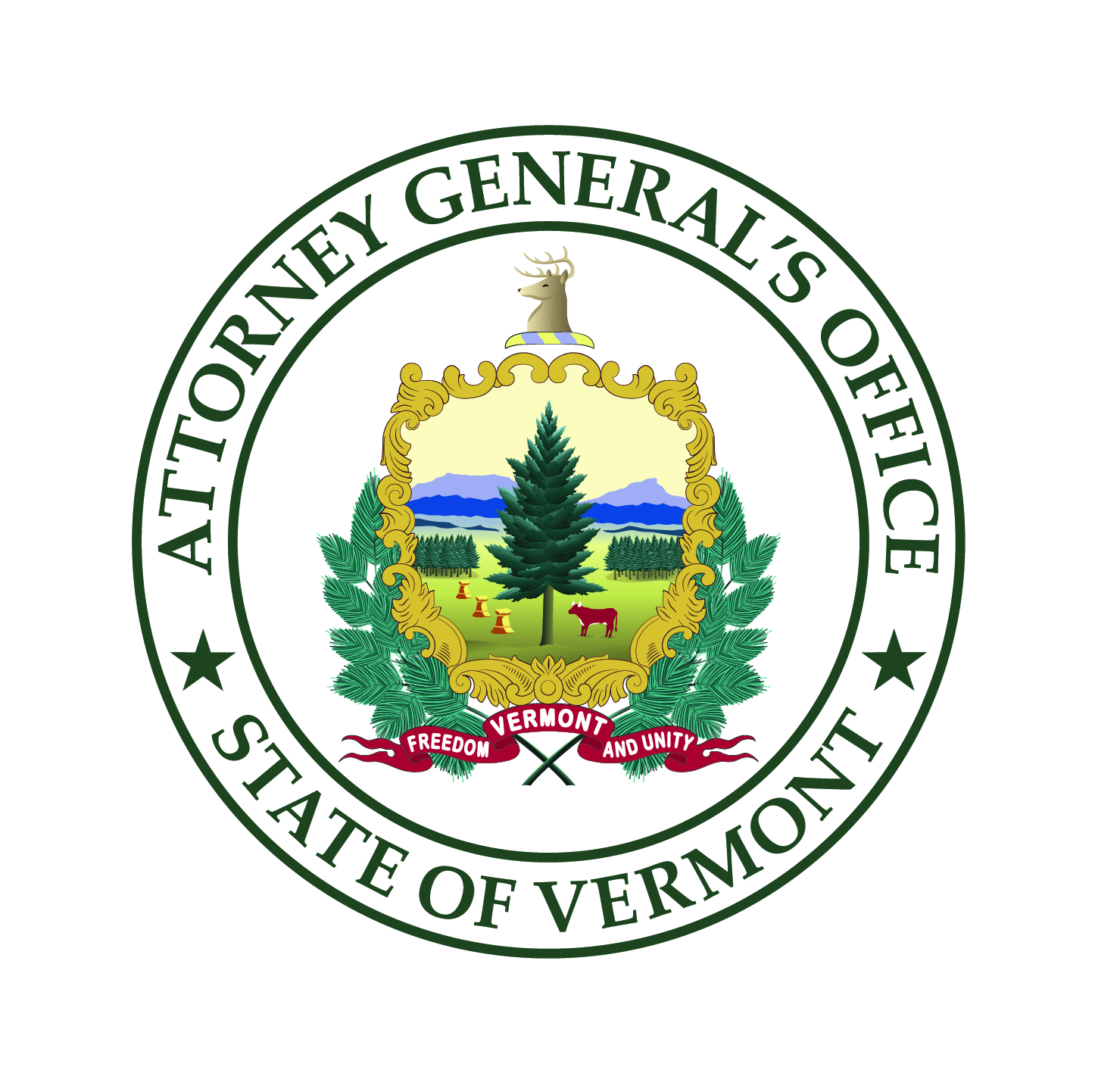Are you behind on your credit card payments, your home mortgage, a personal loan or other debt? If so, you may be contacted by the creditor or a debt collection agency acting on the creditor’s behalf. While the law does not prohibit reasonable attempts to collect legitimate debts, both state and federal laws protect you from abusive debt collection practices.
What types of debt collection practices are prohibited?
Vermont law prohibits the following practices regardless of whether the debt is being collected by the creditor, an attorney or a third-party collection agency.
- Threats. Debt collectors may not threaten action that they will not or cannot take.
- Harassment. Debt collectors may not harass, oppress, or abuse anyone.
- Unreasonable publication. The law prohibits a debt collector from notifying other people about your debt.
- Deceptive Representations. Debt collectors may not engage in deception in attempting to collect a debt.
- Unconscionable Means. Debt collectors may not use unconscionable methods to collect a debt. For example, debt collectors may:
- not misrepresent who they are or who they work for.
- not falsely imply the amount of the debt or any legal action that can be taken.
- only contact you between 8:00 a.m. and 9:00 p.m.
- not continually call your phone or harass you. During a phone call, a debt collector must identify him/herself and may not threaten violence against you or your family or use profane language.
- only contact you at work if he or she cannot reach you at home in between 8:00 a.m. and 9:00 p.m.
- not call you more than one time a week at work and must stop calling you at work if you tell the debt collector not to contact you at work.
If you receive a suspicious debt collection call:
- Always ask the debt collector to provide you with written documentation that substantiates the debt they are trying to collect; and
- Contact the original creditor and ask whether the debt has been paid. If it has not, confirm that the debt was sold to a third party collector and verify the identity of the debt collector.
How do I stop the contact from the collector?
Under federal law, if the collector is a third party collection agency, you may send the agency a Cease Contact letter, requesting that they no longer contact you regarding the debt. Alternatively, you may instruct them only to contact you by mail, at home, or through your attorney. Click here for a sample Cease Contact letter. Send this letter by certified mail, with return receipt requested so you have a record of who received it and when.
I want to learn more.....
To learn more about debt collection, visit our Debt Collection FAQ's page for answers to many common questions, or contact us.
Click here to read Vermont’s Consumer Protection Rule 104 on Debt Collection

